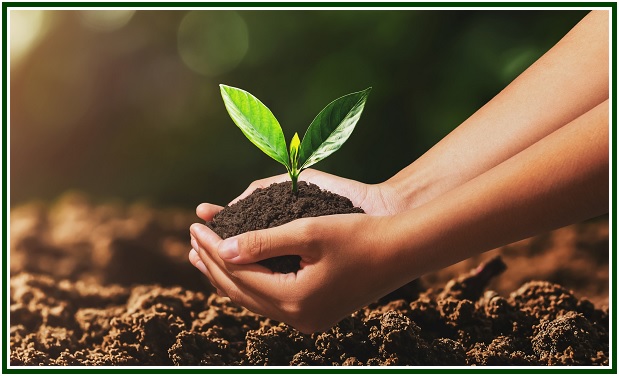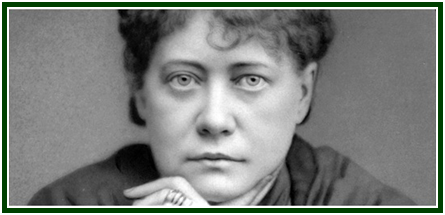
The Quality of the Social World is
a Reflection of the Reality of the Soul
Carlos Cardoso Aveline

The amount of lessons potentially taught us by life is probably infinite.
An Eastern master of the wisdom wrote that sermons can be preached even through stones.[1] The wind teaches us, and so does the lightning. The rain speaks to us. The Moon and the Sun are good teachers.
Our ability to learn the lessons, however, is rather limited.
One of the obstacles is the false impression that we know much already. Another one is our attachment to the habit of thinking as usual, thus remaining limited to the surface of things. It is in the wordless silence that one’s mind awakens from illusion and learns the art of living. Yet this is not easy, for truth is often rejected or underestimated by us. Let us see one basic principle that is hard to accept.
The Awakening of the Soul
It may seem too severe to say this in so many words, but there is a trap in thinking that human life can be improved by mere political action, or through economic prosperity.
He who can’t find happiness in a simple life will not find it in material opulence.
For millennia mankind has suffered from a sociological delusion: the idea that if we make this or that change in social structure, nations will attain happiness.
All forms of good intention are not equally effective in the short term. The right purpose can only produce real results here and now if there are both realism and discernment.
The superficial aspect of political and social life tends to create short-term expectations. Leaders use to promise that there will be a magic improvement for all, if only such and such fact occurs. Yet real betterment in the life of a nation does not depend mainly on external events. It needs above all a certain progress in the soul and in the ethics of each citizen. Hence the immortal sentence by Kahlil Gibran, once used by John Kennedy in a famous speech:
“Ask not what your country can do for you, but ask what you can do for your country.” [2]
The challenge of theosophists includes publicly examining the central aspects of social reality so as to demonstrate where their lasting solution is, and where it is not.
The love of one’s country is important. Another basic step is to understand that the quality of the social world is a reflection of the reality of the soul. Therefore human life can be improved mainly from within, secondarily from the outside. Before harvesting, one must sow the right seeds. The energy of real progress flows from the soul to the periphery, from immortal consciousness to the outer world of passing forms of perception. Eastern wisdom invites us to work along these lines. And the Jewish tradition says:
“Better to be forbearing than mighty;
To have self-control than to conquer a city.” [3]
When people have a correct sense of unity and equilibrium, there is social justice.
Wherever human souls have a sense of ethics, there is ethics in Politics. Each time people love truth for its own sake and don’t want to distort it, social leaders are loyal to the community.
NOTES:
[1] Page 204 in “Letters From the Masters of the Wisdom – First Series”, Fourth edition, 1948, Letter II to Laura Holloway. In the 1973 edition, see p. 150.
[2] See the article “Kahlil Gibran on the Middle East”.
[3] “Tanakh, the Holy Scriptures”, The Jewish Publication Society, Philadelphia-Jerusalem, copyright 1985, 1624 pp., see Proverbs 16: 31-32, p. 1312.
000
Read more:
000
“Abandoning the Sociological Delusion” was published in the associated websites on 18 March 2021. An initial version of it is part of the February 2018 edition of “The Aquarian Theosophist”, pp. 1-2. See also page 4.
000

Helena Blavatsky (photo) wrote these words: “Deserve, then desire”.
000